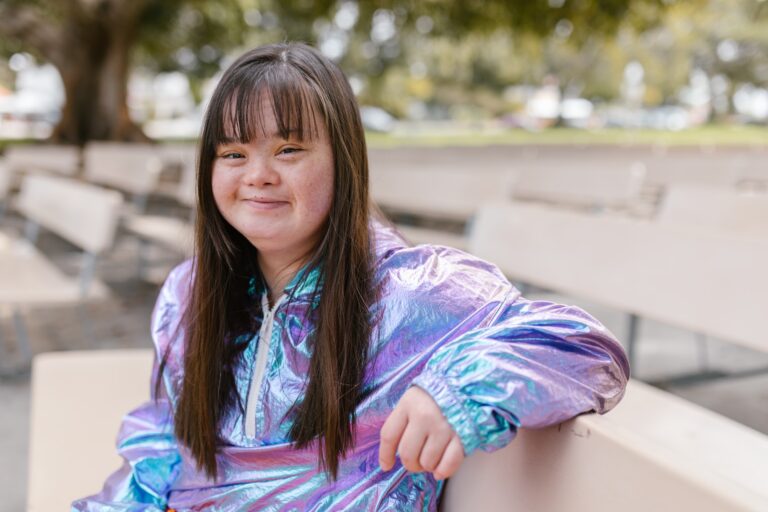United Cerebral Palsy’s mission is to enhance the quality of life for
individuals with disabilities by minimizing the effects of cerebral palsy
and 150 similar physical disabilities. Through direct services, community education and advocacy, UCP helps individuals reach their full potential and families to adjust to the special needs of their children. Our New UCP Center at 507 North Hook Street in Tuscumbia provides physical, occupational and speech therapy, as well as educational and social services, to children and families in several counties in Northwest Alabama.
About Us
About Us


Our History
For 60 years, United Cerebral Palsy (UCP) has been committed to change and progress for persons with disabilities. Founded in 1949, the national organization and its nationwide network of affiliates strive to ensure the inclusion of persons with disabilities in every facet of society-from the Web to the workplace, from the classroom to the community. As one of the largest health charities in America, the mission of United Cerebral Palsy is to advance the independence, productivity and full citizenship of people with disabilities through an affiliate network

Our Vision
We strive to build a better world for tomorrow, today. The backbone of United Cerebral Palsy is the services that are provided by our affiliates. UCP affiliates serve more than 176,000 children and adults with disabilities and their families every day. Our affiliates provide services such as housing, therapy, assistive technology training, early intervention programs, individual and family support, social and recreation programs, community living, state and local referrals, employment assistance and advocacy. Each affiliate offers a range of services tailored to its community’s needs.

United Cerebral Palsy
The United Cerebral Palsy National Office, located in
Washington, D.C., provides direct support to the
affiliates via fundraising, marketing and
communications, best practices, and programmatic
support to name a few. We also serve people with
disabilities and their families through the
development of forward-thinking programs,
information and referral service, legislative
advocacy, technology initiatives and research.

